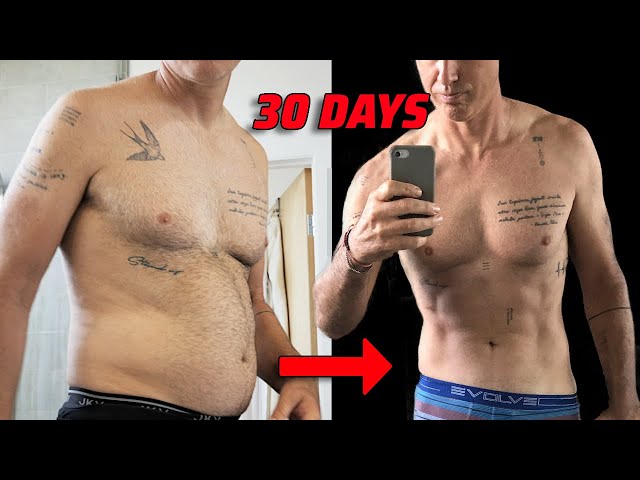
The notion of shedding 20 pounds in a mere month evokes both intrigue and skepticism. Could this weight loss ambition truly translate from aspiration to reality, or is it merely an illusion hidden among countless diet fads? While the headlines often scream about miraculous transformations, serious questions arise about the feasibility and health implications of such rapid results.
In conversations about weight loss, nutritionists frequently emphasize the significance of crafting sustainable habits. Dr. Lisa Mason, a nutrition expert, shared her perspective during a recent discussion: "While it might seem appealing to lose a significant amount of weight quickly, our bodies are inherently designed to adapt to changes gradually."
Consider this scenario: to lose 20 pounds within one month, an individual would need to maintain a caloric deficit of about 2,500 calories daily. For most people, this kind of deficit is not only challenging but can also be unsustainable in the long run. Aiming for a more gradual reduction, such as 1-2 pounds per week, aligns with healthier guidelines. A balanced weight loss plan would ultimately look to yield 4-8 pounds in a month, promoting longevity and well-being in the process.
One frequently asked question is: "Is it realistic to lose 20 pounds in four weeks?" Health experts tend to advise caution. Nutritionist Jamie Lee stated, "While some individuals can achieve this milestone, it often comes at a significant emotional and physical cost. Quick fixes might enhance motivation initially but can lead to burnout or disillusionment. It’s crucial to remember that consistency beats intensity."
For those who may still entertain the idea of such rapid weight loss, the approach should ideally encompass aspects of both diet and exercise. Increased physical activity combined with a meticulous diet can indeed aid in calorie expenditure. For example, lifting weights enhances muscle mass, which in turn elevates the number of calories one burns at rest. Additionally, incorporating high-intensity interval training (HIIT) has shown promise in burning fat while maintaining lean muscle mass.
Water intake also plays a pivotal role. Keeping hydrated can reduce appetite and may even enhance metabolic rates. "Drinking water before meals often leads to lesser calorie consumption," shared fitness coach Sarah Jenkins. "It’s a simple, yet effective strategy that many overlook in their quest for weight loss."
Many dieters contemplate the impact of carb intake on their efforts. Reducing refined carbohydrates can lead to quick wins on the scale, owing to water weight loss. However, substituting with whole foods rich in fiber, such as fruits and vegetables, could ensure nutritional balance, avoiding the pitfalls of restrictive diets.
But what happens once that month passes, and the scale does not reflect the desired loss? Stories abound of individuals who lost substantial weight only to regain it just as quickly. Embracing a mindset focused on lifestyle rather than short-term goals plays a critical role in maintaining results. Nicholas, a participant on a health forum, succinctly articulated: "I spent so much time chasing numbers on the scale that I overlooked the joy of feeling good in my body. A slower approach allowed me to establish habits rather than just pursue weight loss results."
A popular query persists: "How can I incentivize myself to stay on track?" Many find success in setting smaller, more achievable goals. Not only do these goals serve as motivational milestones, but they also create a positive feedback loop, reinforcing healthy behaviors. Celebrate every victory, no matter how small, whether it’s sticking to a meal plan or completing a challenging workout.
As one reflects on the journey toward weight loss, it becomes abundantly clear that the quest for optimal health transcends the numbers on a scale. Improvements in overall fitness, energy levels, and mental clarity often hold greater significance than the fleeting satisfaction of immediate results.
Ultimately, the key takeaway areas:
- A weight loss goal of 20 pounds in one month might be ambitious and potentially harmful.
- Adopting a gradual approach can yield better long-term results.
- Focusing on a holistic lifestyle change, rather than merely calorie counting, can foster genuine progress.
In looking to achieve lasting results, consider engaging with a healthcare provider or nutritionist to tailor a plan aligned with personal needs and medical history. After all, investing in one's health deserves thoughtful planning and sustainable choices, manifesting in true transformation.







